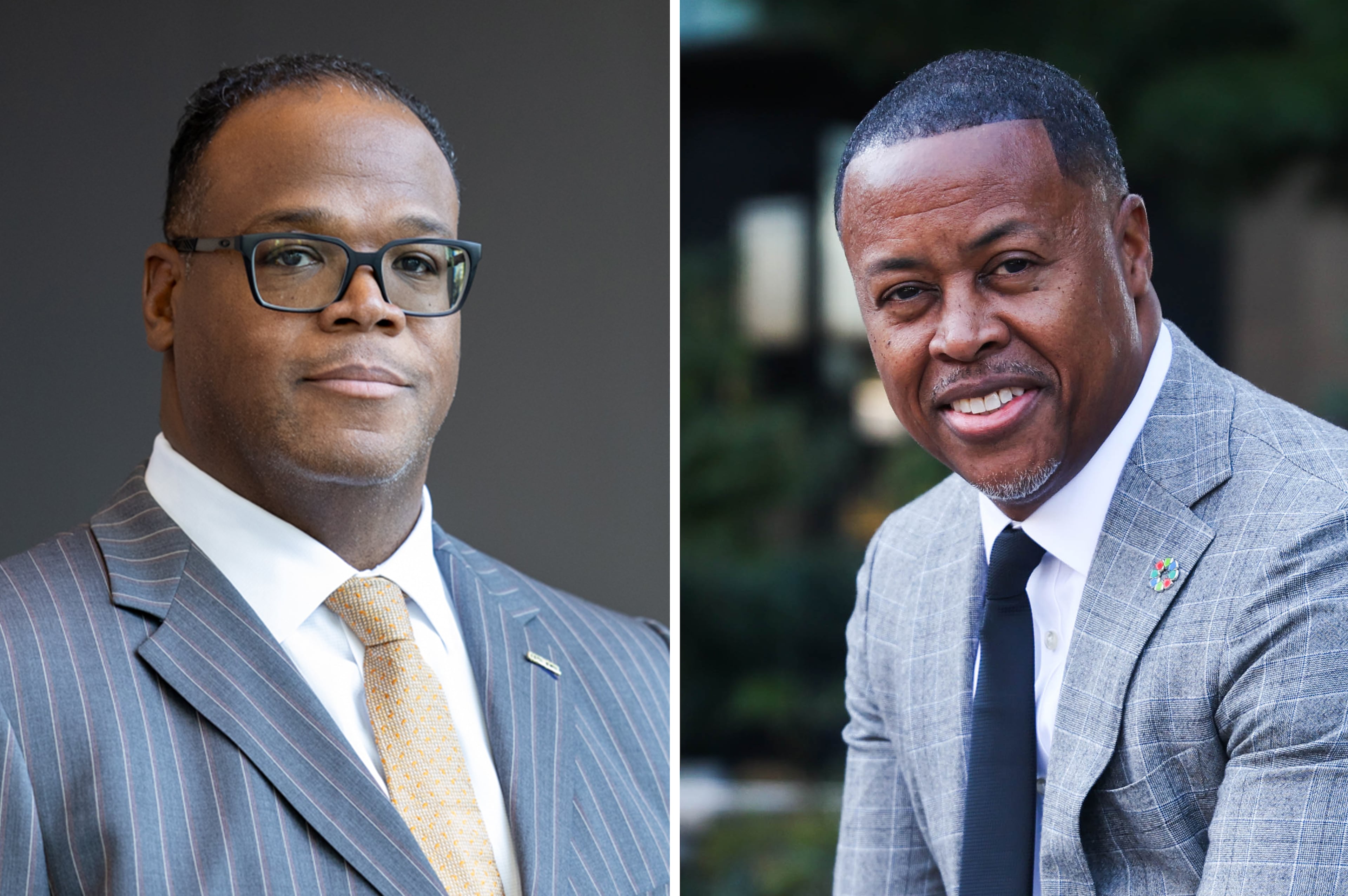Task force members recommend ‘guardrails’ for inspector general’s office

How far should Atlanta’s inspector general go to root out misconduct during investigations?
Not as far as she has been, members of a special task force reviewing the city’s top watchdog made clear Wednesday when issuing their report on changes they think should be made to the office’s procedures.
The task force was established by City Council earlier last month amid a heated debate over the top watchdog offices’ level of authority. The Dickens administration and Inspector General Shannon Manigault have been at odds over when and how investigations should be conducted.
On Wednesday in the City Council chamber — after most City Hall employees had been sent home due to a gas leak in the area — the group finalized their recommendations on how the inspector general should conduct investigations, what oversight the office’s governing board should have and how best to bolster employee rights if interviewed.
The task force has been met with strong skepticism from supporters of the inspector general who allege that their recommendations are part of a broader effort by the Dickens administration to limit Manigault’s power.
But city officials say that the inspector general has gone too far with investigations and claimed investigators show up to employees homes for interviews and confiscate employee devices without notice.
“The (inspector general) is here to stay in the city of Atlanta,” said Council member Marci Overstreet who sits on the task force. “We are trying to make it better and more clear — less ambiguous.”
In an interview with The Atlanta Journal-Constitution, Manigault said she is pleased that some of the recommendations affirmed the office’s investigatory powers, but suggested limits on the level of wrongdoing that warrants a probe are concerning.
The task force suggests only “substantial misconduct, such as gross mismanagement, gross waste of funds, or a substantial violation of law,” be pursued.
“The idea that city of Atlanta would benefit from having the inspector general’s office turn a blind eye to any violation of law should trouble anyone,” Manigault said.
The task force’s recommended changes still have to go through the legislative process where both the city’s inspector general and mayor’s office will lobby for desired changes — and any change to the office’s operations will have to be approved by a majority of the council.
In a statement, Mayor Andre Dickens called the recommendations offered by the task force “practical and grounded in common sense.
“These recommendations, if approved by City Council, will clear up ambiguity in its operations and processes, especially those concerning the rights of city employees,” the mayor said.

If the task force’s recommendations are implemented, employees who are interviewed as part of misconduct investigations will have more notice, clearer explanations on their part in the probe and be allowed the opportunity to have outside legal representation present during discussions.
That means the city will potentially pay for legal counsel during every interview that takes place as part of investigations.
Longtime council member Howard Shook — who was deeply involved in the creation of the office in 2020 — said that may come with a high price tag.
“As finance chair, I’m wondering what possibly hundreds of those engagements are going to cost a year, and we don’t know,” he told the AJC.
Manigault told the AJC that the recommendations enshrining employee rights are based on “falsehoods” and “misrepresentations.”
“The (Dickens) administration has put forth these falsehoods that have been repeated,” she said. “The administration wasn’t able to support these allegations, and they could not, because these things never happened.”

Task force members pushed back on the idea that their recommendations are meant to hamstring investigations.
“There’s obviously a lot of concern about the independence of the Office of Inspector General, and whether the recommendations would address that,” David Dove, former executive counsel for the governor, said.
“Our recommendations create and maintain that independence, while also putting guardrails in place to ensure that people’s rights and the rights of employees of the city of Atlanta are respected,” he said.
The battle over the inspector general’s authority began in spring of this year, when Manigault voiced concern publicly at the City Council meeting that officials within the Dickens administration were actively blocking corruption investigations.
Since then, her office has released eye-opening reports that included abuses of power by the former human resources commissioner and instances of bribery taking place within the planning department.
Shook said there’s no doubt that the city needs an inspector general, and repeated a comment made by a fellow task force State Rep. Tanya Miller calling City Hall a sensitive ecosystem that doesn’t respond well to change.
“Well, this is an ecosystem that has a lot of bacteria in it,” he told the AJC. “So we definitely need an inspector general.”
But Manigault said the task force didn’t address any of the concerns she raised at the City Council podium during her unprecedented public remarks — including top officials working internally to block investigations.
“While there has not been any outward council response in reaction to the obstruction issues that we’ve encountered, there has been considerable public response,” she said. “Members of the public are offended that this new oversight entity has been treated the way that it’s been treated.”



